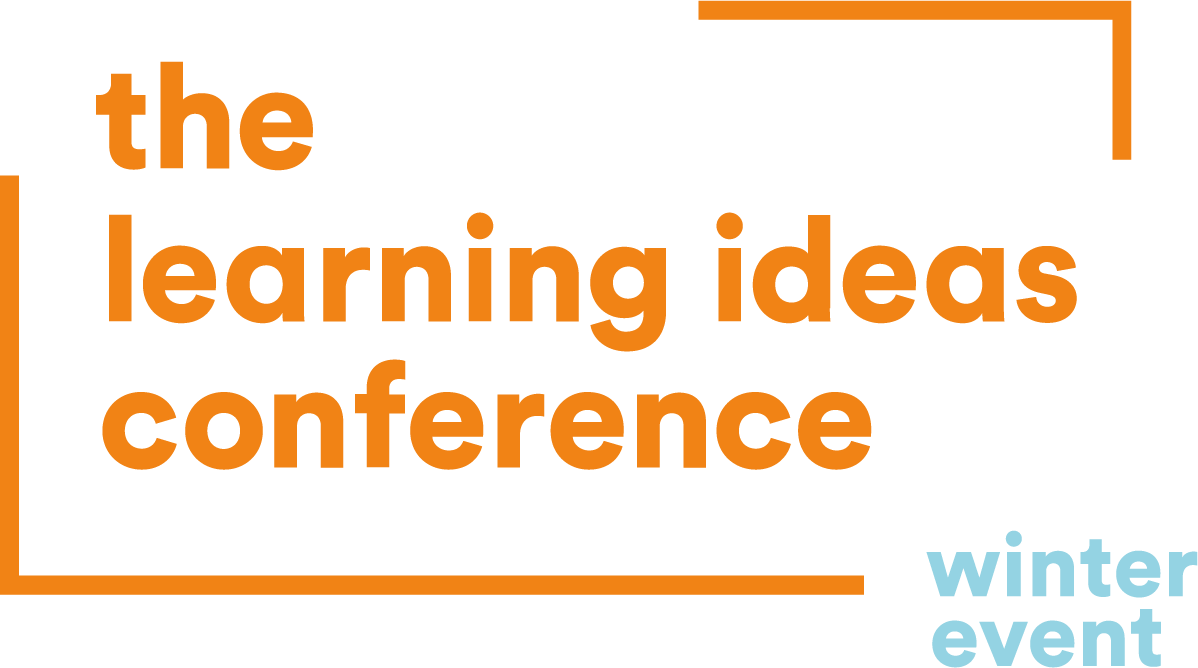The Learning Ideas Conference’s “Artificial Intelligence and Learning” event is pleased to have the following confirmed speakers!
Dr. Diana Andone is the Director of the Digital education & eLearning Department of Politehnica University of Timisoara, Romania, responsible for planning and implementing digital education and associate professor in multimedia, interactive and web technologies. EDEN Senior Fellow, IEEE Education Society 2021 Distinguished Chapter Leadership Award winner, IEEE Education Society VicePresident (2024-2025), with extensive research experience with intense publication and more than 30 research and educational international projects, she teaches course modules in universities from UK, France, USA, Finland, Italy, Greece.
Dr. Ryan Baker is a Professor at the University of Pennsylvania and Director of the Penn Center for Learning Analytics. Dr. Baker has developed models that can automatically detect student engagement in over a dozen online learning environments, and led the development of an observational protocol and app for field observation of student engagement that has been used by over 150 researchers in 7 countries. Predictive analytics models he helped develop have been used to benefit over two million students, over a hundred thousand people have taken MOOCs he ran, and he has coordinated longitudinal studies that spanned over a decade.
Dr. Imogen Casebourne leads the Digital Education Futures Initiative’s (DEFI) Innovation Lab at Hughes Hall, University of Cambridge. She’s interested in the design, development, deployment, and evaluation of educational technology, especially artificial intelligence, as well as in the role technology might play in supporting experiences of community, dialogue, and serendipity in learning. She is also interested in educational futures and works on DEFI’s futures and horizon-scanning initiatives. Previously Dr. Casebourne spent many years leading the design of learning technology projects at an educational technology company.
Stella Collins is co-founder and Chief Learning Officer at Stellar Labs and an evangelist for effective evidence- based learning. She and her team deliver world class learning solutions with impact, including a Learning Transfer platform fueled by neuroscience and optimized by AI.
Stella is an acknowledged expert on the practical application of science-based learning to business performance and has trained thousands of professionals in more than 25 years in L&D. Her popular book Neuroscience for Learning and Development is in 4 languages and its 3rd edition.
Bruce Cronquist has over forty years of experience helping people become proficient at using software tools, software engineering, testing computer software, training dogs, snowboarding, starting a new career, and more. He is presently a Product Owner at Dell Technologies creating learning experiences for employees, partners, and customers who use Dell tools. He also teaches through the local community college. Previously he was on the Engineering Excellence team at Microsoft Corporation where he onboarded testers and developers.
Michael Feldstein is a seasoned EdTech professional with an unparalleled understanding of the vendor landscape. His consulting portfolio boasts strategic engagements with a spectrum of EdTech entities, from major Online Program Managers (OPMs) and Learning Management System (LMS) giants to innovative startups and leading textbook publishers. This breadth of experience has also seen him provide incisive due diligence analysis for private equity firms on potential acquisitions, ensuring astute and informed investment decisions.
Dr. David Guralnick envisions a new approach to education and workplace learning. His vision integrates progressive learning theory, advanced technology, and creative, entertaining storytelling to create learning experiences that help people learn to think critically, reflect, and make thoughtful decisions. Among other role, David is President and CEO of Kaleidoscope Learning, current president of the International E-Learning Association; founder and chair of The Learning Ideas Conference, and an Adjunct Professor at Columbia University.
John Hack is a long-time performance management software innovator, and started his career in the Natural Language Processing R&D group at Wang Labs in the 1980’s. His early work in natural language processing, data visualization and real time risk analysis led to delivering predictive and automated analysis of organizational performance, for which he earned three patents. He is the CTO and co-founder of Interflexion, leveraging AI to help aspiring professionals develop their conversational skills.
Dr. Gila Kurtz is the Dean of the Faculty of Instructional Technologies at the Holon Institute of Technology (HIT) in Israel. She has a wealth of experience, having served as the Academic Vice President at a company specializing in e-learning solutions for the corporate sector for several years. Other positions: a member of the Steering Committee of the European Distance and E-Learning Network (EDEN) and the Editor-in-Chief of The Interdisciplinary Journal of E-Skills and Lifelong Learning (IJELL).
Dr. Stella Lee is an ed-tech and AI strategist, international speaker, startup advisor, LinkedIn Learning instructor, and technology columnist for the Training Industry Magazine. With over 20 years of experience in digital learning, Stella combines her passion, academic background, and knowledge in visual art, human-computer interaction, adult education, and computer science with her unique global insights for her work with clients. She is the founder of Paradox Learning Inc., a boutique consulting firm based in Calgary, Canada.
Todd Stone, Senior Program/Project Manager at Dell Technologies, boasts over two decades of LD&D experience in business and education. With a focus on integrating technology into learning, his diverse background includes Hollywood visual effects, university online program development, adjunct professor, and teacher training. At Dell, Todd is currently shaping training content strategy, exploring AI integration for enhanced efficiency and as a valuable learning tool.












